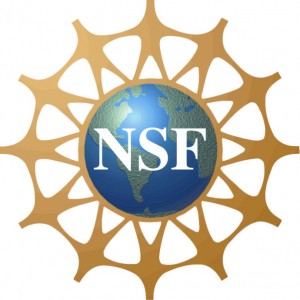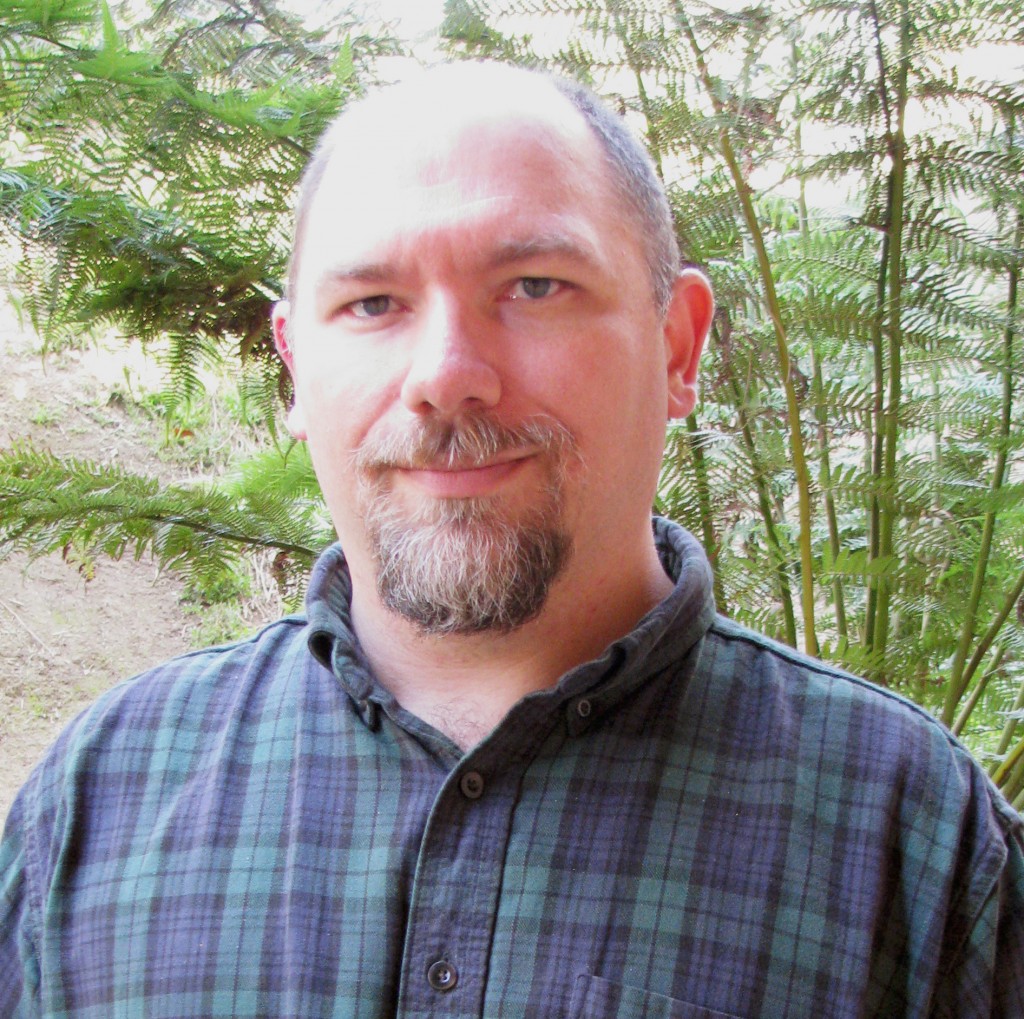 California State University, Dominguez Hills associate professor of biology Terry McGlynn has been awarded a three-year $249,922 National Science Foundation (NSF) International Research Experiences for Students (IRES) grant to establish the Fire, Carbon, and Climate Change in Australia program.
California State University, Dominguez Hills associate professor of biology Terry McGlynn has been awarded a three-year $249,922 National Science Foundation (NSF) International Research Experiences for Students (IRES) grant to establish the Fire, Carbon, and Climate Change in Australia program.
The IRES grant will fully fund the opportunity for 12 undergraduate and graduate science majors at CSU Dominguez Hills to conduct climate change science research in collaboration with the CSIRO Tropical Ecosystems Research Centre (TERC) in the Northern Territory of Australia. The first group of four students will leave in January 2014, with subsequent four-student cohorts going in 2015 and 2016.
“International field experiences for students are transformative,” said McGlynn, who since 1996 has been taking students–many who now have successful science and teaching careers–on summer research trips to Costa Rica through another NSF-funded IRES program. “It’s clear that having this kind of experience matters.”
The students in the Australian IRES program will spend from January to August in the southern hemisphere country working under the mentorship of CSIRO TERC scientists on ongoing research projects at the center. CSIRO TERC conducts research in the areas of ecosystem and land management relationships, specifically looking at how to maintain and protect biodiversity and ecosystem resources humans rely on in the face of changes to climate patterns and humankind’s attempts to manage those changes.

McGlynn conceived of the grant program after colleagues he had met on a research trip to Australia inquired why McGlynn hadn’t sent students to work their lab.
“I thought, ‘why not?’” McGlynn said. “The next deadline, I submitted a proposal, we got funded, and here we are.”
The key component of the Australia IRES program will be its length. McGlynn said he felt it was important to provide long-term immersive research experiences to the students.
“One of my master’s students who recently graduated did her thesis in Costa Rica over more than half a year, and you could see the difference that the extended trip made,” he said. “I wanted to enable this opportunity for more students.”
The first cohort of students has been recruited and during the upcoming fall semester they will be paired with their mentors from CSIRO TERC and prepare for their spring research trip by studying Australian culture and issues, and scientific readings their new mentors have given them. They will also periodically video conference with their mentors as well as take a wilderness first aid course through the American Red Cross.
The four students who have been selected for the first research trip in 2014 are ecology and environmental biology majors Sara Hu, Jaime Perez and Erica Parra, and biology graduate student Joseph Fasheh.
To learn more about the program, visit www.leaflitter.org/IRESOZ.htm. For more information about CSIRO TERC, visit www.terc.csiro.au/research.asp.
CSU Dominguez Hills’ biology program serves a student population considered underrepresented in the sciences. More than half of biology majors at the university are Hispanic and nearly 20 percent are African American.